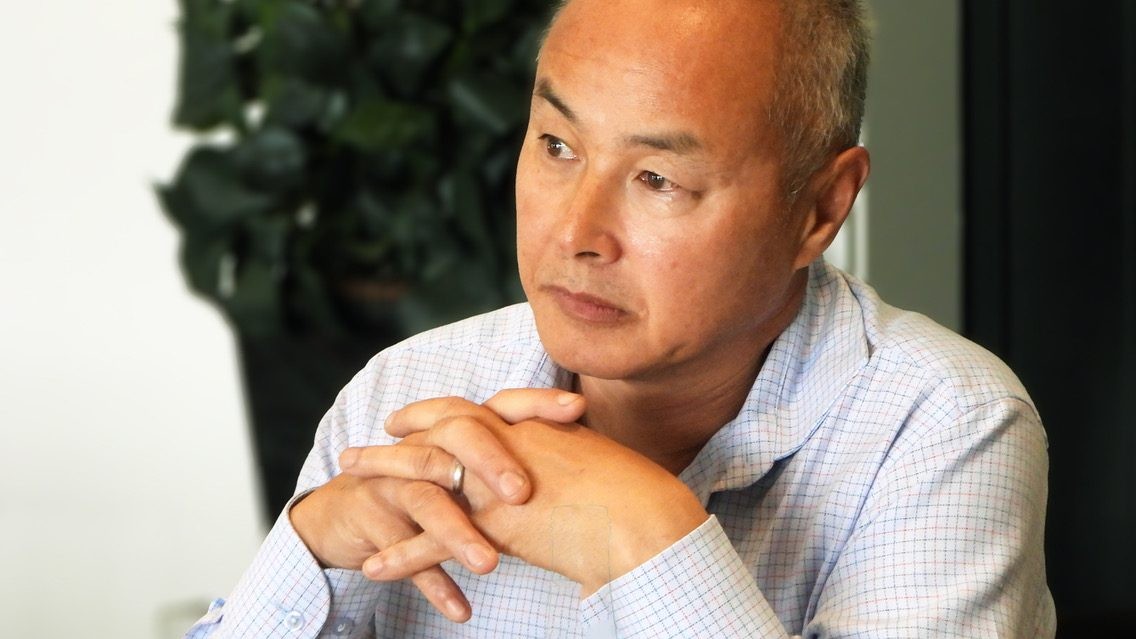
Myself and our policy advisor Billy Clemens had a meeting with Transport Minister Simeon Brown yesterday that went very well.
He actually seemed even more upbeat than we were about getting the Roads of National Significance delivered, and getting land transport rules changed which will boost productivity and have safety benefits. But time will tell!
It was refreshing to see that the coalition government seems to be more agile and responsive. This came out in our chat about the risks we saw with the recent changes to immigration requirements and his view they could be reversed if necessary.
Making things work
Last week I was on a panel at the Freight Futures conference with reps from the New Zealand Council of Cargo Owners, Air New Zealand and Mondiale VGL, moderated by Jon Adams from T&G Global.
We discussed all the benefits that can occur when an industry collaborates to make things work better.
This is not a new concept and I gave some examples where collaboration is working pretty well, such as in the logging sector.
After a rocky patch of accidents and incidents everyone in the sector got together, from the forest owners to the truckies, trailer manufacturers and log industry researchers. They made logging a much safer sector and reduced accidents to a huge degree.
Apart from the logging sector the fuel sector also collaborates well across the supply chain. The Petroleum Industry Transport Safety Forum has reps from the bulk storage terminals, the transporters and the delivery points and they share safety learnings and develop and implement initiatives to make a safer supply chain.
Over the last couple of years there’s been a similar collaborative approach being developed in the Livestock Sector.
This is a toughie. On the one hand you have the supply chain being influenced by the farmers, and for many of them animals leaving the farm on time is not a high priority. Then there’s the processing plants which unsurprisingly are much more focused on the kill and processing chains than how the animals get to their plants.
Stuck in the middle is the trucking company, with stock needing to be moved, and the clock ticking for legal drive times.
And it’s the truckies who are being watched each and every day. It’s rare for a farmer to get a visit from the Ministry of Primary Industries, but our people are regularly getting weighed and are under much more scrutiny because they’re operating on public roads.
Trying to get the livestock group working well together is a work in progress. Each of the parties will naturally have their own agendas and there’ll be differences about what matters most to each of them. But when everyone works together, things get easier to do. And easier usually means more profitable. But even if it is just easier, that’s a win right there.
Ports are another challenging issue where trucks are often forced to park up and wait for their spot at the convenience of the port’s operations. Our members are at a big risk of bearing the cost of someone else’s decisions, and that’s unsustainable. We believe with effective collaboration those systems could be improved.
But we know that while collaboration is great, it isn’t easy.
As the logging sector found, there had to be a few “heated discussions” to get things done. Everyone has their own bit of turf, and sometimes what happens to the other players in the supply chain can be ignored. For a while.
During the panel session we talked about the importance of trust amongst the groups. I also believe that equally important is a level of maturity that allows people to see past their own narrow-ish interests and to create an industry that works for everyone in the whole supply chain.
It takes a lot of talking, probably more than a few heated discussions, and some broadening of viewpoints, but it always pays off.
Transport can drive its own initiatives but unless the other players are on board then success is going to be limited and the return on investment will be low. But of course, in the spirit of collaboration, we’re always willing to talk!
It’s what the whole industry needs to do.
- By Dom Kalasih, interim chief executive, Ia Ara Aotearoa Transporting New Zealand.





